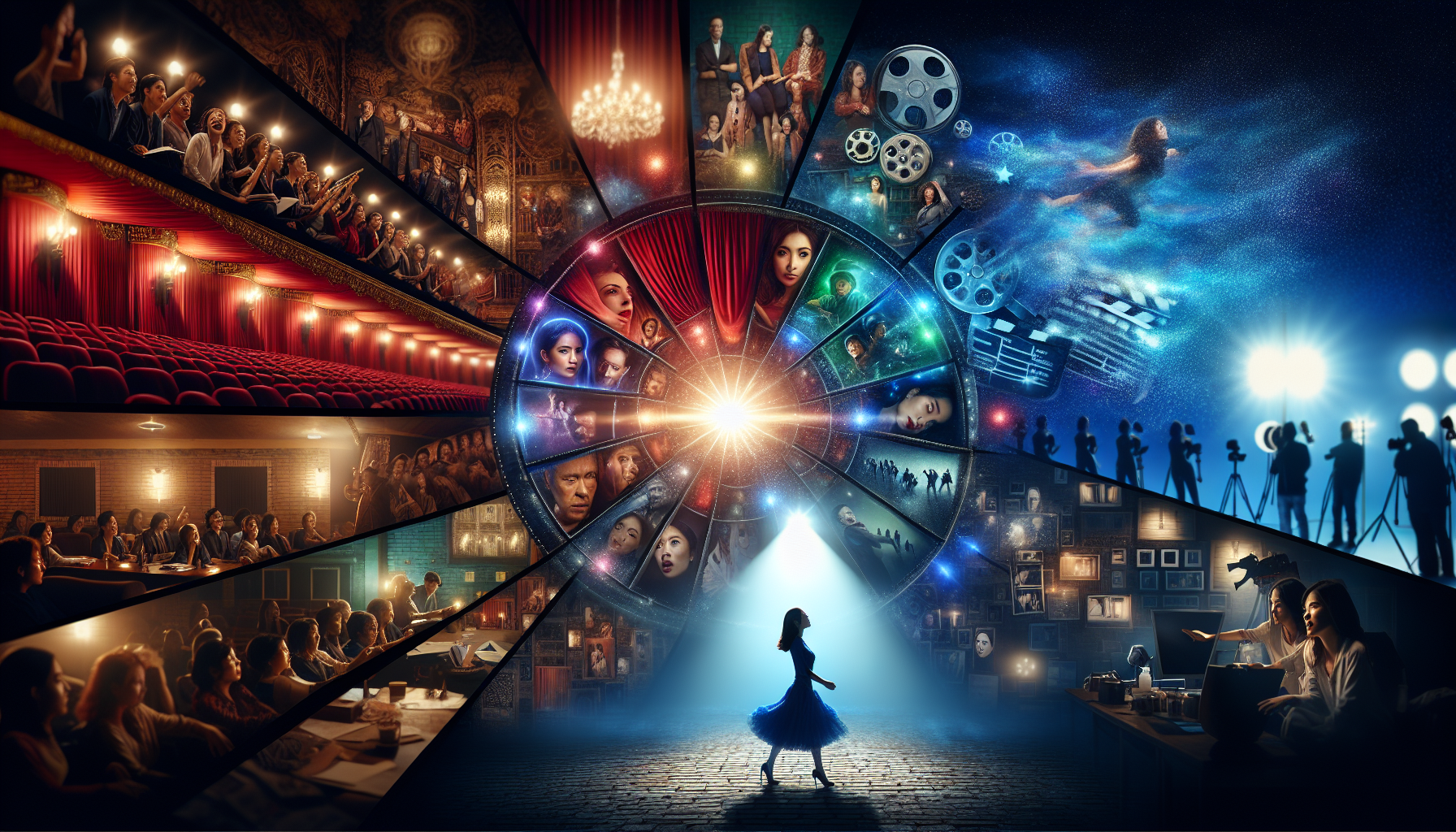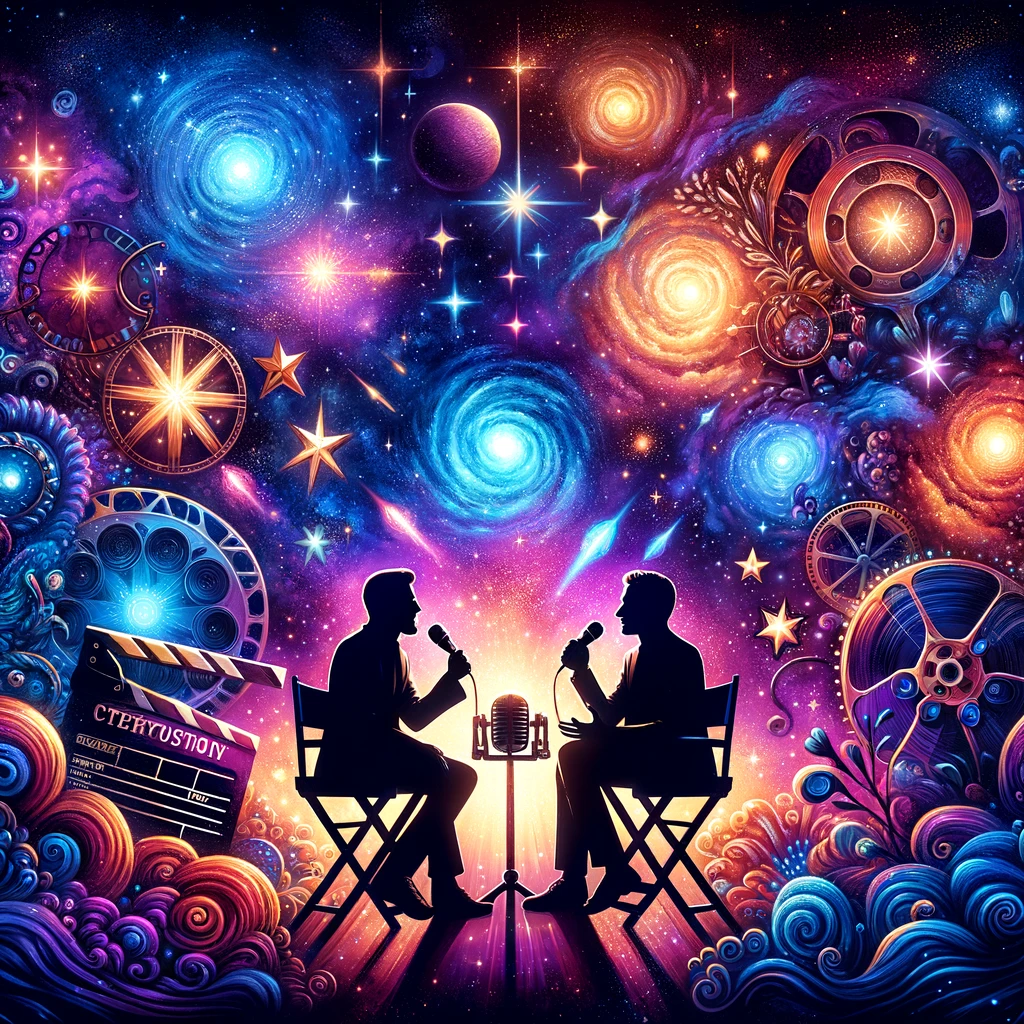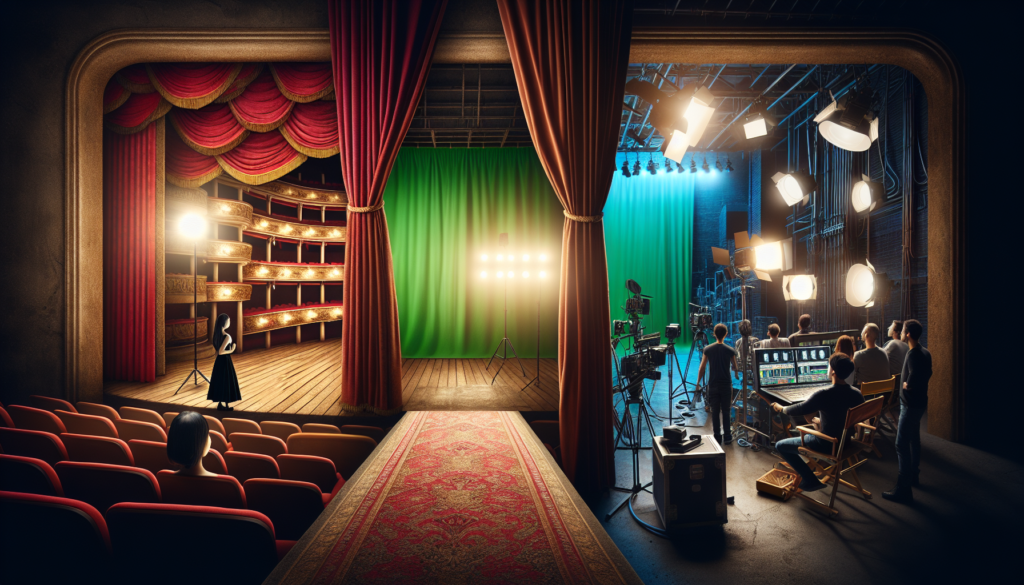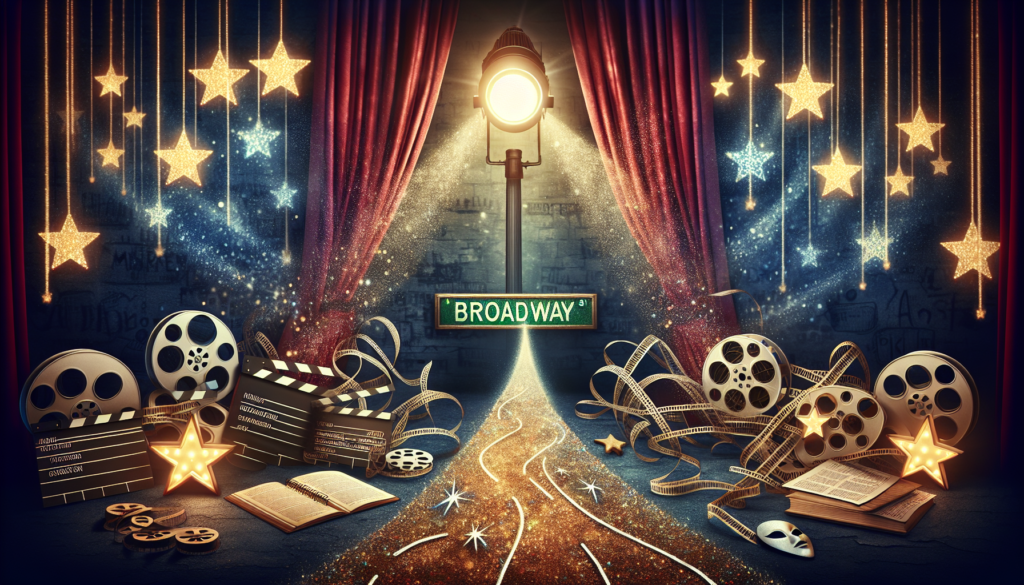The trajectory of an actor’s career is as unpredictable as it is fascinating. For many, the journey begins in the intimate settings of theatre stages, where the raw, unfiltered connection with the audience serves as the ultimate testing ground. From these humble beginnings, some actors make a seismic shift to the silver screen, a transition that is not merely a change of venue but an evolution of craft, presentation, and career trajectory. This migration from stage to screen marks a pivotal phase in an actor’s career, reshaping their approach to performance, their relationship with the audience, and their artistic aspirations.
Theatre, the historical bedrock of acting, is an actor’s crucible. The immediacy of the live audience, the absence of retakes, and the need for projection and presence shape a performer in unique ways. Here, actors learn to harness their energy, to magnify their expressions, and to connect with each member of the audience, no matter how far back they may be seated. The stage demands a level of perfection and consistency, given that every performance is a one-shot deal in front of a live audience. Actors such as Ian McKellen, Meryl Streep, and Denzel Washington cut their teeth in the realm of theatre before transitioning to film, bringing with them a depth and discipline honed on the stage.
When these seasoned thespians step onto a film set, they bring a myriad of stage-honed skills with them. However, the transition is not without its challenges. The camera’s intimacy and the fragmented nature of film production demand a recalibration of their craft. Suddenly, the grand gestures and vocal projection that were assets on stage can seem exaggerated on screen. The camera picks up the subtleties of expression, the nuances of a glance, the slight shift in posture that can convey volumes. Actors must learn to scale down their performances, to internalize their emotions and let them flicker across their faces. This shift from external to internal acting is often the most significant adjustment a stage actor must make when transitioning to screen acting.
The differences between stage and screen acting are not solely confined to the actor’s performance style. The relationship with the audience undergoes a profound transformation. On stage, the actor and audience share the same space and time, creating a palpable energy exchange. In film, this direct connection is mediated by the camera, editing, and the passage of time between filming and viewing. This creates a more detached relationship, where actors must imagine the audience’s reaction rather than directly experiencing it. Furthermore, the permanence of film contrasts sharply with the ephemeral nature of stage performances, offering actors a tangible legacy but also reducing the immediate feedback loop they might have become accustomed to in theatre.
Adapting to these changes, some actors thrive, leveraging their stage-trained emotive capabilities to bring depth and complexity to their screen roles. Actors like Hugh Jackman and Viola Davis, for instance, have seamlessly transitioned between stage and screen, earning critical acclaim in both arenas. Their ability to modulate their performances for the camera while maintaining the emotional intensity developed on stage exemplifies the successful evolution of an actor’s career from stage to screen.
This evolution is not a one-way street; the skills honed in the crucible of film acting can enrich an actor’s stage performance. The nuanced understanding of character, the comfort with subtlety, and the experience of working intimately with a director and camera crew can translate into more finely tuned stage performances. Actors who navigate both worlds successfully often speak of the symbiotic relationship between their stage and screen careers, where each informs and enhances the other.
From stage to screen, an actor’s career is a journey of continual adaptation and learning. The transition challenges performers to reevaluate and refine their craft, to balance the grandiosity of theatre with the intimacy of film. It is an evolution that not only broadens their artistic repertoire but also offers audiences the chance to witness the depth and versatility of their talent. As the landscape of entertainment evolves with the advent of streaming services and digital platforms, the paths careers can take are more varied than ever, offering exciting new challenges and opportunities for actors. The evolution from stage to screen, therefore, remains a testament to an actor’s resilience, versatility, and enduring quest for artistic expression.




